Page 47 • (4,061 results in 0.017 seconds)
-
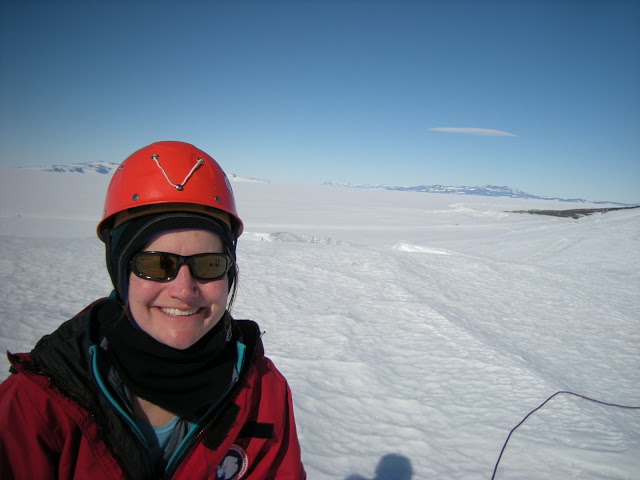
Lutes See The World During J-Term Assistant Professor of Geosciences and Environmental Studies Claire Todd on an earlier research trip to Antarctica. Students and Professors Will Travel to and Study on All 7 Continents By Brenna Sussman ’15 PLU Marketing & Communications Student Worker TACOMA,…
are among the most popular and successful programs, Grover said, but domestic travel programs are becoming increasingly popular for students who want to experience a unique cultural experience and stay closer to campus. Here’s a continent-by-continent look at the 2015 J-Term travel locales: Antarctica For the only J-Term trip not supported through the Wang Center, Assistant Professor of Geosciences and Environmental Studies Claire Todd will return to Antarctica with Geosciences student Isaac
-
This year marked 50 years since we graduated from PLU. Our fiftieth reunion celebration was on campus Friday, October 4, 2024.
Photos50th Reunion SlideshowMemory Book View the Memory Book and learn more about your classmates! Memory BookClass GiftContribute to the Class of 1974 Endowed Scholarship ContributeCommitteeJan Aldrich, Brian Berg, Ted Carlson, Linda (Gardner) Crandall, Tom Heavey, David Johnson, Joy (Tuff) Liezen, Jay McClaugherty, Tammy Skubinna, Serni Solidarios, Randy Spitzer Helpful Links Sagas PLU Archives & Special Collections
-
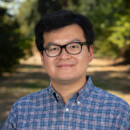
Visiting Lecturer of Chinese Studies | The PLU Chinese Studies Program | xi.zhu@plu.edu | 253-535-7220
Xi Zhu Visiting Lecturer of Chinese Studies Phone: 253-535-7220 Email: xi.zhu@plu.edu Office Location: Hauge Administration Building - 207-E
-
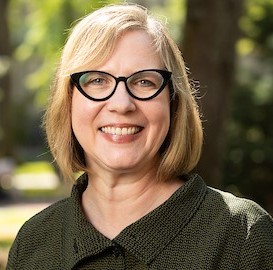
Dean, College of Liberal Studies | College of Liberal Studies | stephanie.johnson@plu.edu | 253-535-8397 | Dr.
Stephanie Johnson Dean, College of Liberal Studies Phone: 253-535-8397 Email: stephanie.johnson@plu.edu Office Location: Xavier Hall - 155 Professional Biography Additional Titles/Roles Professor of English Education Ph.D., English, University of Washington, 2005 M.A., English, University of Minnesota, 1991 B.A., English and Religion, St. Olaf College, 1989 Areas of Emphasis or Expertise Nineteenth-century British literature Poetry Narrative Ethics Selected Publications "Christina Rossetti’s
-
Identify and explain the complexity of biological and cultural diversity over time and across space. (ILOs 1, 2, 3, 5, 6) Illustrate the importance of studying cultures with the holistic,
Anthropology Program Learning Outcomes Identify and explain the complexity of biological and cultural diversity over time and across space. (ILOs 1, 2, 3, 5, 6) Illustrate the importance of studying cultures with the holistic, comparative, and biocultural approaches to studying humans over time and across space. (ILOs 1, 2, 3, 5, 6) Explain the importance of the concepts/issues associated with the terms cultural relativism, ethnocentrism, and racism with reference to a variety of cultural
-
Creation of University Diversity Committee approved by the Faculty. This standing committee, responsible for oversight of the diversity effort, is supplemented by the Diversity Committee for Cultural and Educational Programming.
Creation of University Diversity Committee approved by the Faculty. This standing committee, responsible for oversight of the diversity effort, is supplemented by the Diversity Committee for Cultural and Educational Programming.
-
Speakers: Michael Artime, Associate Professor and Chair of Political Science Lizz Barton, Associate Director for Training, Licensed Psychologist Eric Jacobsen, Pastor, First Presbyterian Church
Resources Location: Chris Knutzen Hall, Anderson University Center 1:45 - 3:30 p.m. | Reclaiming Curiosity: A Fireside Chat How to Have Fearlessly Curious Conversations in Dangerously Divided Times Speaker: Mónica Guzmán, Bridge-Builder, Journalist, Author in conversation with Jenny James, Associate Professor of English, Chair of Gender, Sexuality, and Race Studies, Director of Native American and Indigenous Studies, PLU Introduction: Justin Eckstein, Associate Professor of Communication, PLU Location
-
Psychology Student Research Conference May 16, 2019 4:00-6:30 pm Anderson University Center Chris Knutzen Hall
, & Veronica Tran It’s for the Greater Good: Do the Results of Morally Ambiguous Studies Sway Perceptions of Unethical Methodologies? 2. Georgia A. Eastlake Discrimination in Hiring Practices: The Impact of Gender on Perceived Job Fitness 3. Naomi Lapp A Pervasive Preoccupation: An Overview of Body Dysmorphic Disorder and Suggested Methods for Support 4. Students of PSYC 481 Cell Phone Salience and Attention: A Replication and Extension of Ward, Duke, Gneezy, and Bos (2017) 5. Amber L. Cooper Origins and
-
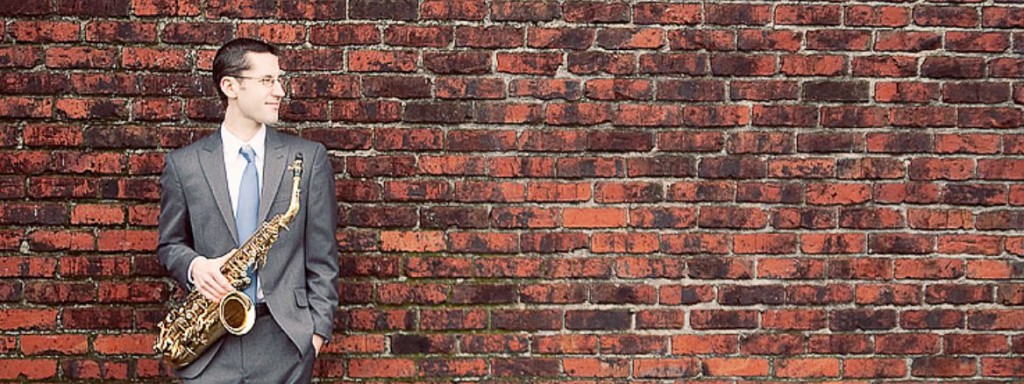
Erik Steighner, who teaches applied saxophone at PLU, was one of four solo winners in the 26th annual Frances Walton Competition. In addition to prize money, Steighner will go on a six-day winner’s tour September 13-18, 2015. When Erik Steighner was preparing to compete in…
his favorite thing to do, he opted to perform from memory on the chance it would give him a leg up on his competition. It also helped that his partner Angela Draghicescu, a collaborative pianist, knew how to respond instantly to any expressive decisions he might make. His competition repertoire included Robert Muczynski’s Sonata, a short piece with both slow and fast movements making it perfect for competitions; Christian Lauba’s Worksong, a work full of technical fireworks that showcases how some
-
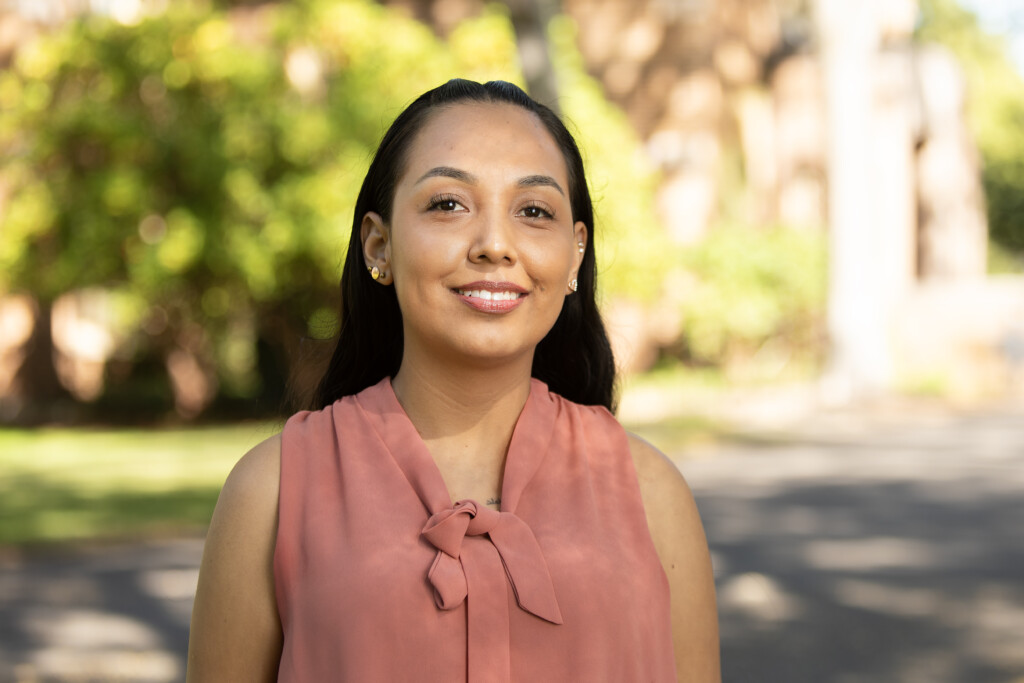
Visiting Instructor of Hispanic and Latino Studies | Hispanic and Latino Studies | floresja@plu.edu | 253-535-7215
Jessica Flores Visiting Instructor of Hispanic and Latino Studies Phone: 253-535-7215 Email: floresja@plu.edu Office Location: Hauge Administration Building - 207-G
Do you have any feedback for us? If so, feel free to use our Feedback Form.


